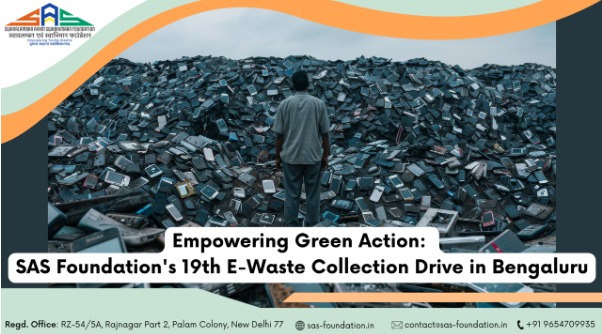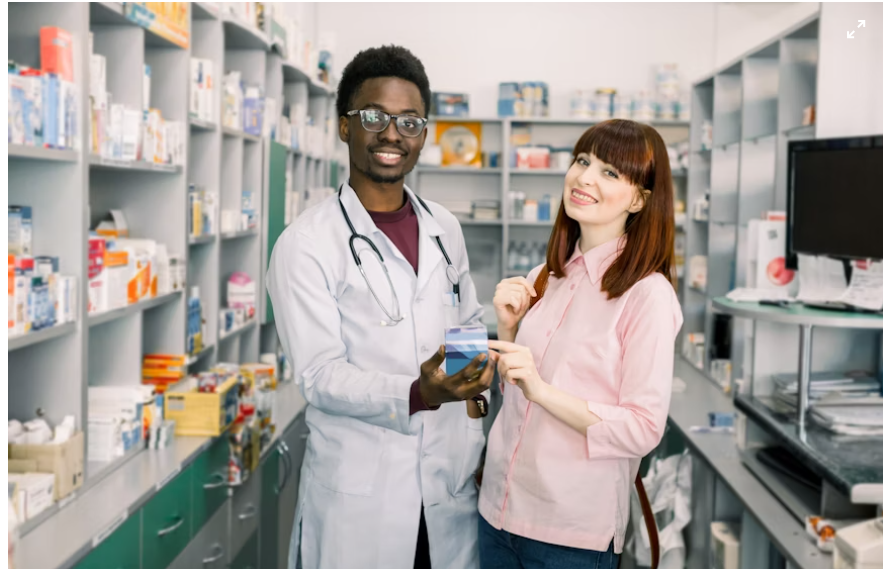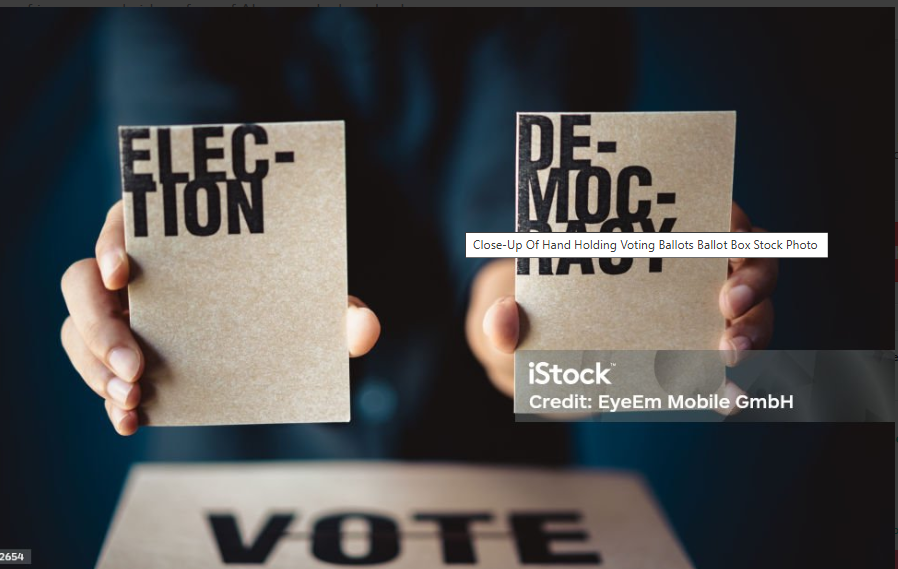The Future of Healthcare is Now: What We Learned from Our Latest Webinar
We’ve all heard the saying, “Prevention is better than cure.” But in today’s fast-paced, tech-driven world, what does prevention really look like? Can we catch diseases before they strike? Can Artificial Intelligence (AI) help us detect what the human eye can’t? And more importantly, how do we make sure that this knowledge reaches everyone — not just the privileged few?
These were the powerful, thought-provoking questions we explored in our recent webinar, where experts from across healthcare, technology, and policy came together for a conversation that was both urgent and inspiring.
If you missed it — don’t worry. In this article, we’ll walk you through the key takeaways from the session and why being informed is not just empowering — it can be lifesaving.
🎙️ A Gathering of Minds
Our webinar brought together an impressive panel of doctors, technologists, AI researchers, and public health advocates. Each expert brought a unique perspective, but they all shared one goal: to bridge the gap between health knowledge and real-world action.
With powerful case studies, cutting-edge data, and deeply human stories, our speakers helped us unpack how technology and awareness can change lives, especially when it comes to prevention and early detection of serious illnesses.
🧠 Why Prevention Matters More Than Ever
Let’s start with a sobering truth: Most life-threatening diseases are preventable or manageable if caught early.
Whether it’s heart disease, diabetes, certain types of cancer, or chronic respiratory conditions — early intervention often makes the difference between life and death. But millions of people still fall through the cracks due to:
- Lack of awareness
- Poor access to screenings
- Cultural stigma
- Economic barriers
One speaker, a leading oncologist, shared a powerful example of a 35-year-old woman who delayed a checkup because she thought her symptoms were “just stress.” By the time she sought help, the diagnosis was advanced breast cancer. “If we had seen her just six months earlier,” the doctor said, “her story might’ve been very different.”
This case, though heartbreaking, isn’t rare. That’s why education and early screening are two of the most powerful tools in healthcare today.
🧬 AI in Healthcare: A Game-Changer with Human Heart
The second half of our session focused on how Artificial Intelligence is reshaping healthcare — not by replacing doctors, but by enhancing their ability to detect disease early, personalize care, and analyze massive datasets quickly.
Some examples discussed during the webinar:
- AI-powered mammography tools that detect early signs of breast cancer even before radiologists do
- Wearable tech that continuously monitors heart rate, oxygen levels, and sleep, alerting users and doctors to early warning signs
- Chatbots and AI assistants that help triage symptoms, especially in rural or low-resource areas
- Predictive models for hospital admissions and disease outbreaks based on demographic and environmental data
One AI expert explained: “We’re not talking about the future. These tools exist now. The challenge is making them accessible, understandable, and integrated into everyday care.”
💬 Real Talk on Access, Equity & Trust
But amid the excitement about innovation, our panelists also addressed the real-world challenges — especially in underserved communities.
- How do we ensure that rural clinics have access to the same AI tools as urban hospitals?
- Can technology truly serve people if they don’t trust the healthcare system or fear being judged?
- What’s the role of human touch in a digitized system?
These questions don’t have easy answers, but they’re essential. One public health advocate shared that in many communities, people still turn to Google or WhatsApp forwards before they see a doctor. “Technology won’t save lives if people don’t trust it. We need education. We need empathy.”
The consensus? Tech must be paired with community engagement, strong health systems, and inclusive policies to make a real difference.
📚 Key Takeaways for Everyone
No matter your background, here’s what we hope every viewer walked away with:
✅ 1. Know Your Numbers
Get regular checkups. Know your blood pressure, cholesterol, blood sugar, and BMI. These basic numbers can reveal early risks and save your life.
✅ 2. Use Technology Wisely
Leverage wearables, mobile apps, and digital health platforms — but always cross-check with trusted medical sources or professionals.
✅ 3. Talk Openly About Health
Break the stigma around symptoms, screenings, and mental health. Share your stories. Ask questions. Speak up — for yourself and others.
✅ 4. Stay Informed, Stay Empowered
Follow trusted health resources, attend webinars like ours, and stay updated on the latest breakthroughs. Knowledge is power — and protection.
📢 A Call to Corporates, NGOs & Policymakers
Beyond individual action, we need systemic change. Our speakers highlighted the need for:
- Greater CSR investment in health education and AI pilot programs
- Public-private partnerships for early detection in schools and workplaces
- Awareness campaigns in local languages tailored to regional needs
- Insurance and public health schemes that cover preventive screenings
If you represent a company, government body, or nonprofit — there is enormous potential for collaboration here. And the ROI? Lives saved. Communities strengthened. Healthcare costs reduced.
🤝 Let’s Continue the Conversation
As we wrapped up the webinar, there was a clear sense of purpose in the (virtual) room. Prevention, early detection, and AI are not just buzzwords — they are our best tools in the fight for health equity and longevity.
But tools are only as good as the hands that use them. That’s why your awareness, your voice, and your actions matter.
So ask yourself:
- Have I done my health checkup this year?
- Am I helping my family and community stay informed?
- Can I support a cause that’s working to bring better healthcare to more people?
If the answer is yes — even to one — you’re already part of the solution.
🔗 Stay Connected, Stay Empowered
Missed the webinar? Don’t worry — this is just the beginning.
📩 Subscribe on LinkedIn to get more updates, expert insights, and future event invites: https://lnkd.in/d7Qzwvtw
🎥 Replay coming soon! We’ll be sharing highlights, key moments, and resources on our page.
Together, let’s build a world where knowledge saves lives, and everyone — no matter where they live or what they earn — has the tools to protect their health.
Because in the end, health isn’t just personal. It’s collective. And informed communities are healthy communities.










